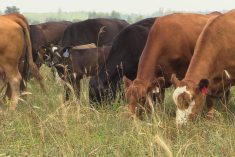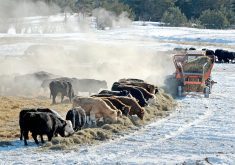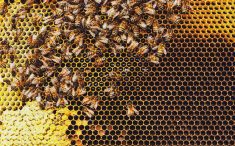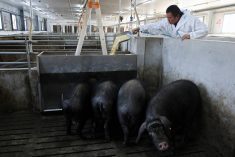Newfoundland’s largest dairy farm has picked up almost $1 million in public funding toward a digester system to capture methane from its cattle manure.
The Newfoundland and Labrador Green Fund has pledged $990,000 for New World Dairy, based at St. David’s, about 130 km southwest of Corner Brook, to install an anaerobic digester and methane gas capture system.
The system is expected to allow the dairy farm to manage its manure and produce heat and electricity to operate the dairy facility, with a byproduct that can be used as bedding for cows.
Read Also
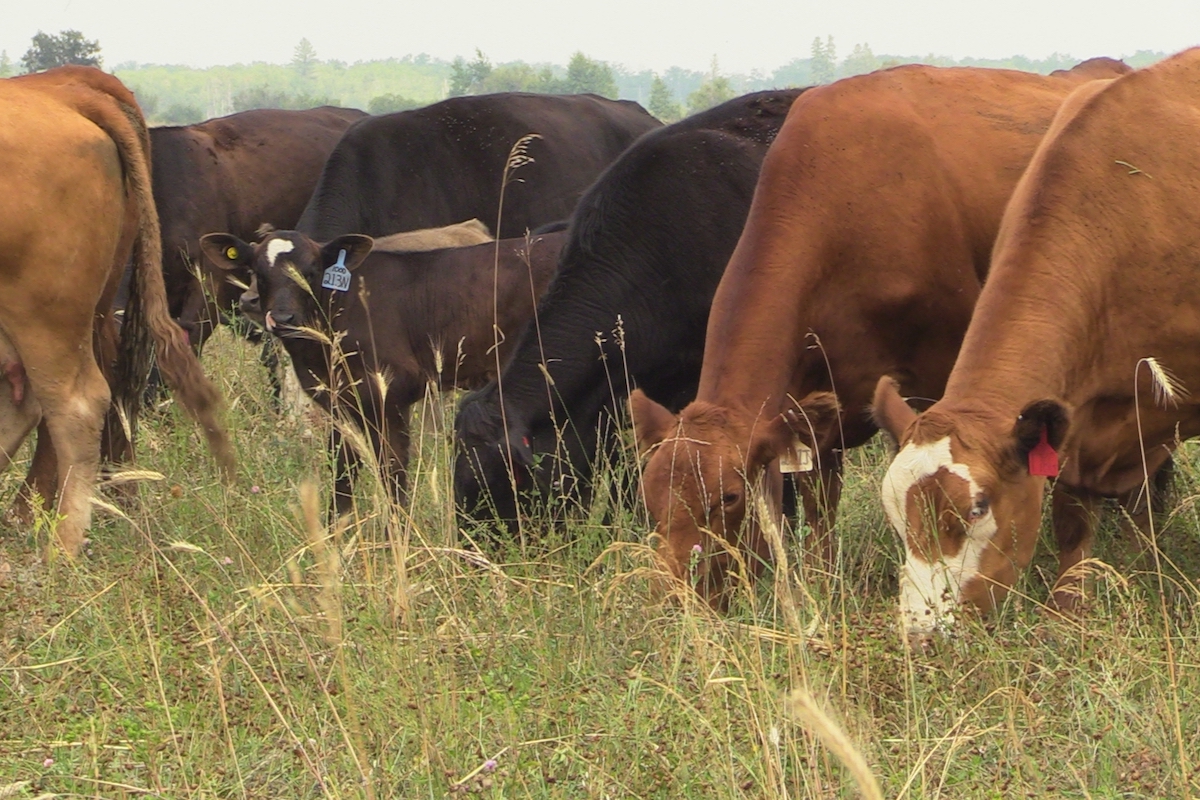
Beef industry weighs in on AAFC research cuts
The Canadian Cattle Association and Beef Cattle Research Council said cuts to federal research centres and programs will have long-term debilitating consequences for the beef industry.
“This new system will lessen the environmental and economic costs associated with trucking manure to distant fields, reduce odour that accompanies trucking and spreading manure, and increase the nutrient value of the fertilizer,” provincial Environment Minister Charlene Johnson said in a release Wednesday.
New World Dairy milks about 1,200 cows and grows forages on over 2,000 acres to feed the herd. On top of the benefits from green power and the bedding byproduct, the manure system will reduce compaction on the farm’s fields from manure trucks, president Brent Chaffey said in the province’s release.
The system is expected to reduce greenhouse gas emissions by up to 11,090 tonnes per year, Johnson said.
An anaerobic digester, based on an enclosed container that excludes oxygen from the system, uses bacteria to break down manure into gases including methane and carbon dioxide.
The gas released in the breakdown process is then captured and burned to provide heat and generate electricity. Also, the province noted, the processed manure produces a solid which is “ideal bedding material for dairy cows” and a “nutrient-laden” liquid to be used for fertilizer.
The project is expected to produce enough electricity and heat to service the farming facility, and eliminate its need for 41,000 litres of furnace oil each year, the province said.
The Newfoundland and Labrador Green Fund, first set up with $23 million in federal EcoAction Trust funding in 2007, was meant to cover projects that provide “real reductions in greenhouse gas emissions.”
The province later pledged more money for the fund, which closed to applications at the end of June last year.


